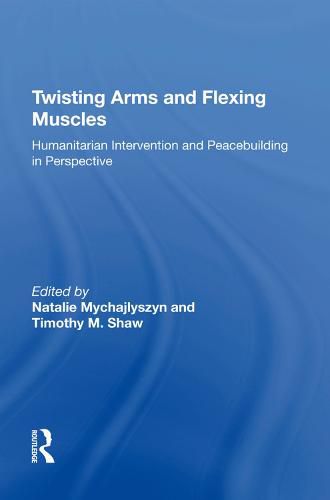Readings Newsletter
Become a Readings Member to make your shopping experience even easier.
Sign in or sign up for free!
You’re not far away from qualifying for FREE standard shipping within Australia
You’ve qualified for FREE standard shipping within Australia
The cart is loading…






Military force is considered essentially a non-military pursuit in international relations, specifically, humanitarian intervention and peacebuilding. This coherent and interrelated study makes an important contribution to the existing literature by concentrating on empirical analyses. It is illustrated by key case studies which consider the complexities and dynamics associated with the application of military force. Of particular importance in this context is the emphasis on areas of recent crisis, such as Africa and the Balkans. The book considers whether our understanding of military force and its utility is outdated and finds that new considerations are required in order to capture the demands of the new environment and generate more appropriate and effective responses. The volume will have wide appeal, ranging from students and academic researchers to high-level policy makers and policy analysts in the military, governance and democratization and peacebuilding communities, as well as area-specialists and non-governmental organizations.
$9.00 standard shipping within Australia
FREE standard shipping within Australia for orders over $100.00
Express & International shipping calculated at checkout
Military force is considered essentially a non-military pursuit in international relations, specifically, humanitarian intervention and peacebuilding. This coherent and interrelated study makes an important contribution to the existing literature by concentrating on empirical analyses. It is illustrated by key case studies which consider the complexities and dynamics associated with the application of military force. Of particular importance in this context is the emphasis on areas of recent crisis, such as Africa and the Balkans. The book considers whether our understanding of military force and its utility is outdated and finds that new considerations are required in order to capture the demands of the new environment and generate more appropriate and effective responses. The volume will have wide appeal, ranging from students and academic researchers to high-level policy makers and policy analysts in the military, governance and democratization and peacebuilding communities, as well as area-specialists and non-governmental organizations.